Introduction
Yes, dogs can eat dragon fruit. As a dog-friendly food, dragon fruit offers various health benefits for dogs in addition to being nice textured, incredibly delicious, and satisfying the canines’ sweet tooth.
However, as with most human foods, moderation is critical when it comes to dragon fruit for dogs. Dragon fruit is not a staple food and should be used as a snack and in combination with otherwise complete and balanced meals.
Why is Dragon Fruit Good for Dogs?
Dragon fruit is packed with health-boosting nutrients. Plus, it is smooth-textured and sweet – factors dogs really appreciate (and do not worry about the seeds, unlike most fruit seeds, these are perfectly safe for dogs). To better understand why dragon fruit is good for dogs, let’s go over its various benefits.
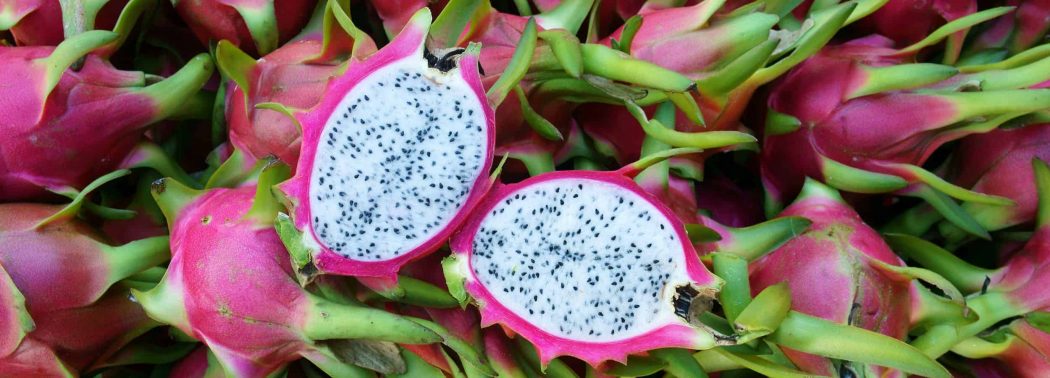
Vitamin C Overload
Dragon fruit is a rich vitamin C source. Dogs need vitamin C for various reasons, but its most important effect is the immune system boost. Studies have shown that supplementing healthy dogs with vitamin C results in a more robust and better responsive immune system.
High Fiber Levels
Dietary fibers are an often neglected nutrient. Luckily, dragon fruit is loaded with them. Dietary fibers keep the bowels moving and are essential for overall digestive tract upkeep. Based on studies, they even have a positive impact on appetite. Plus, dietary fiber supports the cardiovascular system and maintains blood sugar and cholesterol levels within their normal ranges.
Rich Omega-3 Source
Dragon fruit is rich in essential fatty acids, especially omega-3 and omega-9 fatty acids. These omega acids have several benefits, from improved skin health to shinier coats to sharper brains. Plus, they have natural anti-inflammatory effects.
Canine Arthritis Support
Almost all dogs develop arthritis at a certain point in their lives. Dragon fruit is beneficial for arthritic dogs because of its omega fatty acids content. Namely, studies have shown that supplementing dogs with omega fatty acids allows using lower doses of arthritis anti-pain medications.
Healthy minerals
Dragon fruit has a potent mineral profile. The fruit is extra rich in iron, calcium, and phosphorus. Iron is essential for proper oxygen transportation, while the leading roles of calcium and phosphorus are skeletal growth and development.
Antioxidant Boost
Dragon fruit is rich in antioxidants. Antioxidants are of paramount importance because of their ability to fight off free radicals and prevent cellular damage. This effect is also vital for protecting against cancer. Based on studies, puppies receiving antioxidant supplements develop stronger immunities.
Weight Management
Despite their sugary taste, you can serve dragon fruit to dogs on weight-loss regimens. This is because dragon fruit is low in calories (at least when served in moderate, dog-friendly amounts).
Can Dragon Fruit be Bad for Dogs?
Dragon fruit can be bad for dogs. Even the healthiest food can be harmful if misused – fed excessively, too frequently, or in the wrong way.
Therefore, despite the above-explained benefits, dragon fruit should not be used as a staple food for dogs. Here are the reasons why too much dragon fruit can be bad for dogs.
Digestive Upset
Overeating on dragon fruit is likely to culminate in a digestive upset manifested with profuse diarrhea. All human foods, especially fruits and veggies, can cause digestive upsets if fed excessively.
Choking Hazard
Dogs like to gulp down food, and the chunk or spoonful of dragon fruit can quickly end up in the wrong pipe and cause choking. Choking is an emergency and requires first aid (the Heimlich maneuver).
How Much Dragon Fruit Can my Dog Eat?
The safe and recommended serving size of dragon fruit for dogs is between two and three teaspoons. Smaller dogs like Bichon Frises can be offered one spoonful, while larger breeds like Mastiffs can be served up to four teaspoons.
In terms of serving frequency, you can give your dog dragon fruit once a week. In theory, more frequent use is safe, but with so many fruit options, you want to include a more diverse fruit selection rather than sticking to dragon fruit exclusively.
Finally, if offering your dog dragon fruit for the first time, do not overdo it – start small, and if your dog’s tummy agrees with the new addition, you can serve more next time. On the other hand, as with human foods, giving dragon fruit to puppies is highly inadvisable.

How to Prepare and Serve Dragon Fruit for Your Dog?
If you decide to treat your dog with dragon fruit, you need to do things right and start with shopping. Dragon fruit is available in grocery stores and farmer’s markets. The good news is that all dragon fruit varieties (pink, purple, red, yellow) are safe for dogs. As always, if possible, it is advisable to buy organic.
Once you have the dragon fruit at home, you need to carefully and thoroughly remove the leathery, spiky skin. The skin is not toxic, but it is tough to digest and likely to wreak havoc on the dog’s tummy. Therefore it needs to be removed – scooping the flesh of the fruit is the simplest way.
With the flesh being scooped, it is serving time. You can either serve it in the form of scooped balls or chop it in smaller chunks. Alternatively, you can mix the fruit with plant-based milk and prepare a dog-friendly smoothie or ice cream. If necessary, you can store the de-skinned dragon fruit in the refrigerator in an air-tight container.
Summary
Long story short, dogs can eat dragon fruit. In fact, small dragon fruit chunks every now and then make an excellent addition to the dog’s complete and balanced menu. This is because dragon fruit is loaded with healthy nutrients and adds variety.
However, moderation is the mother of safety. Also, it is essential to properly serve the fruit – with the pink leathery skin carefully removed and chopped in bite-sized pieces that do not pose choking hazards.
Sources
- A multicenter study of the effect of dietary supplementation with fish oil omega-3 fatty acids on carprofen dosage in dogs with osteoarthritis, Dale A Fritsch, Timothy A Allen, Chadwick E Dodd, 2010
- The effect of vitamin C supplementation in healthy dogs on antioxidative capacity and immune parameters, M. Hesta, C. Ottermans, S. Krammer-Lukas, 2009
- Effect of Level and Source of Dietary Fiber on Food Intake in the Dog, Richard F Butterwick, 1995
- The role of supplementary dietary antioxidants on immune response in puppies, Christina Khoo, Joan Cunnick, 2005
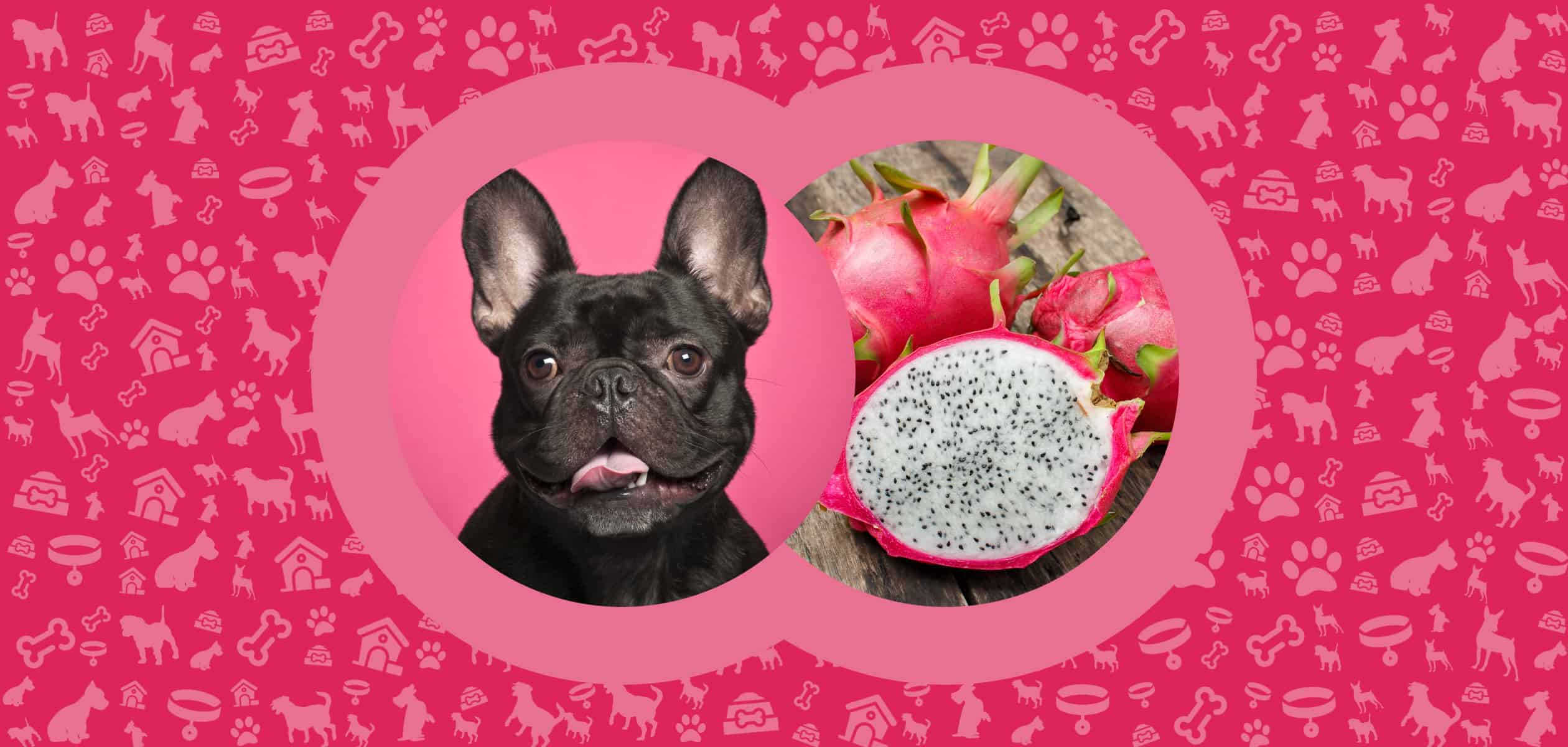
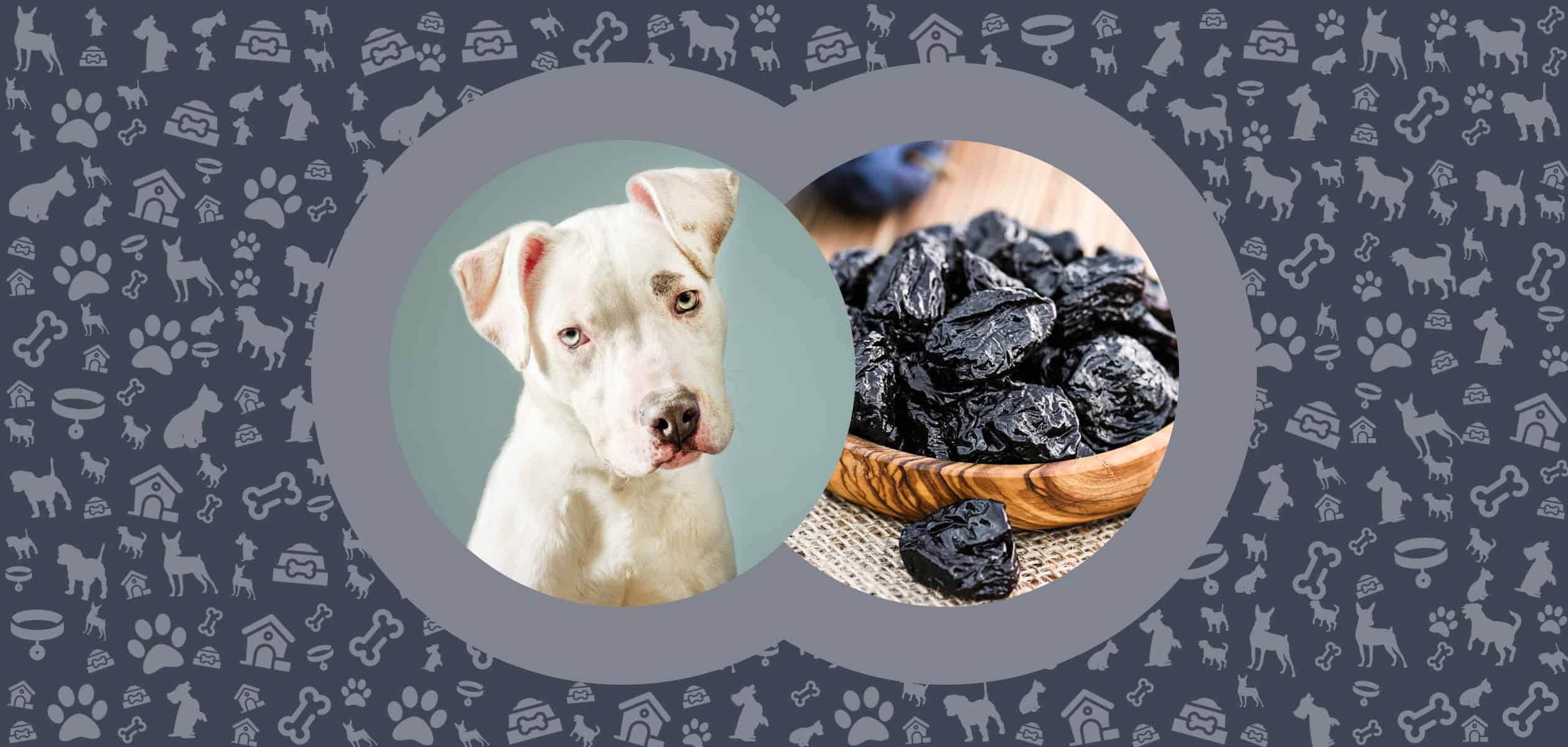
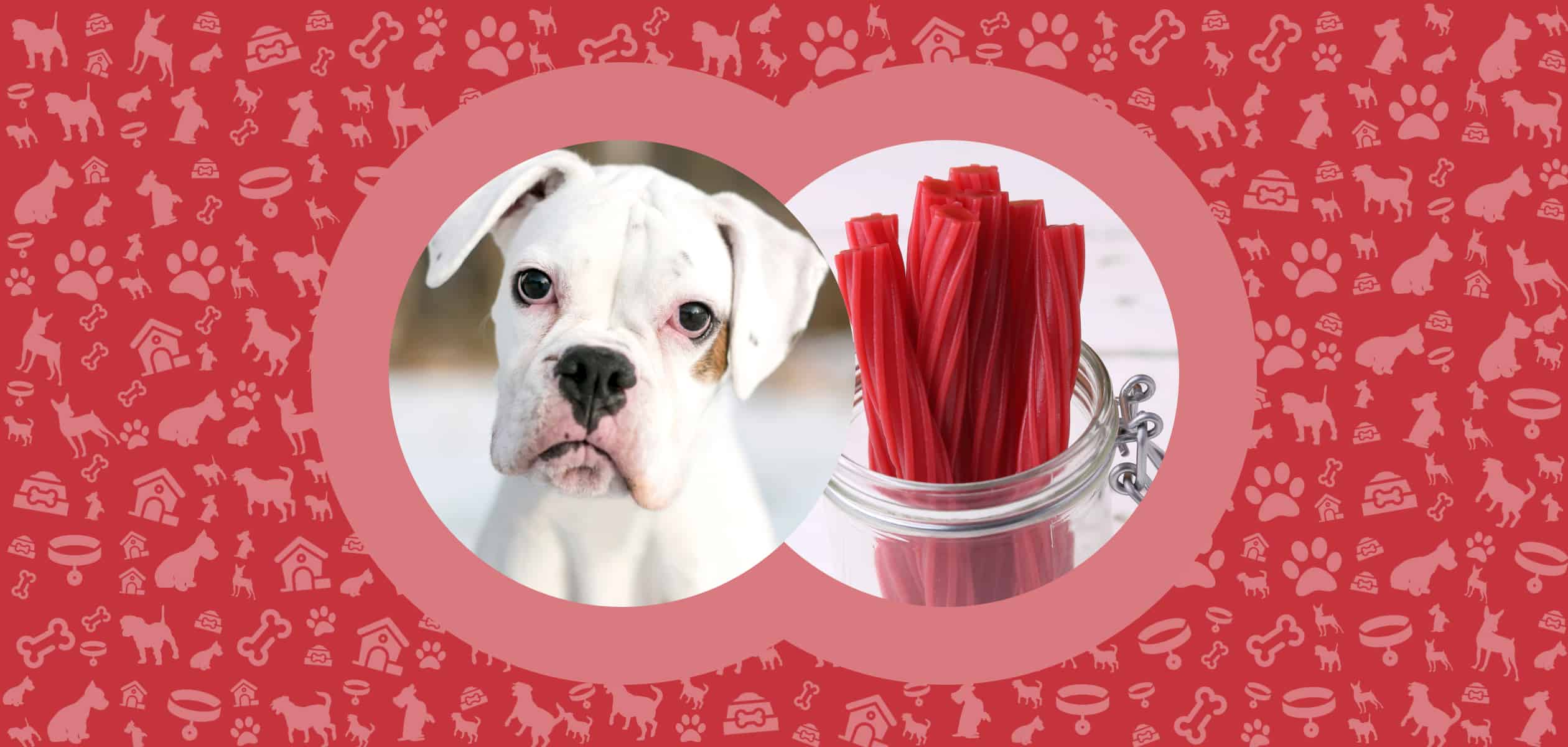
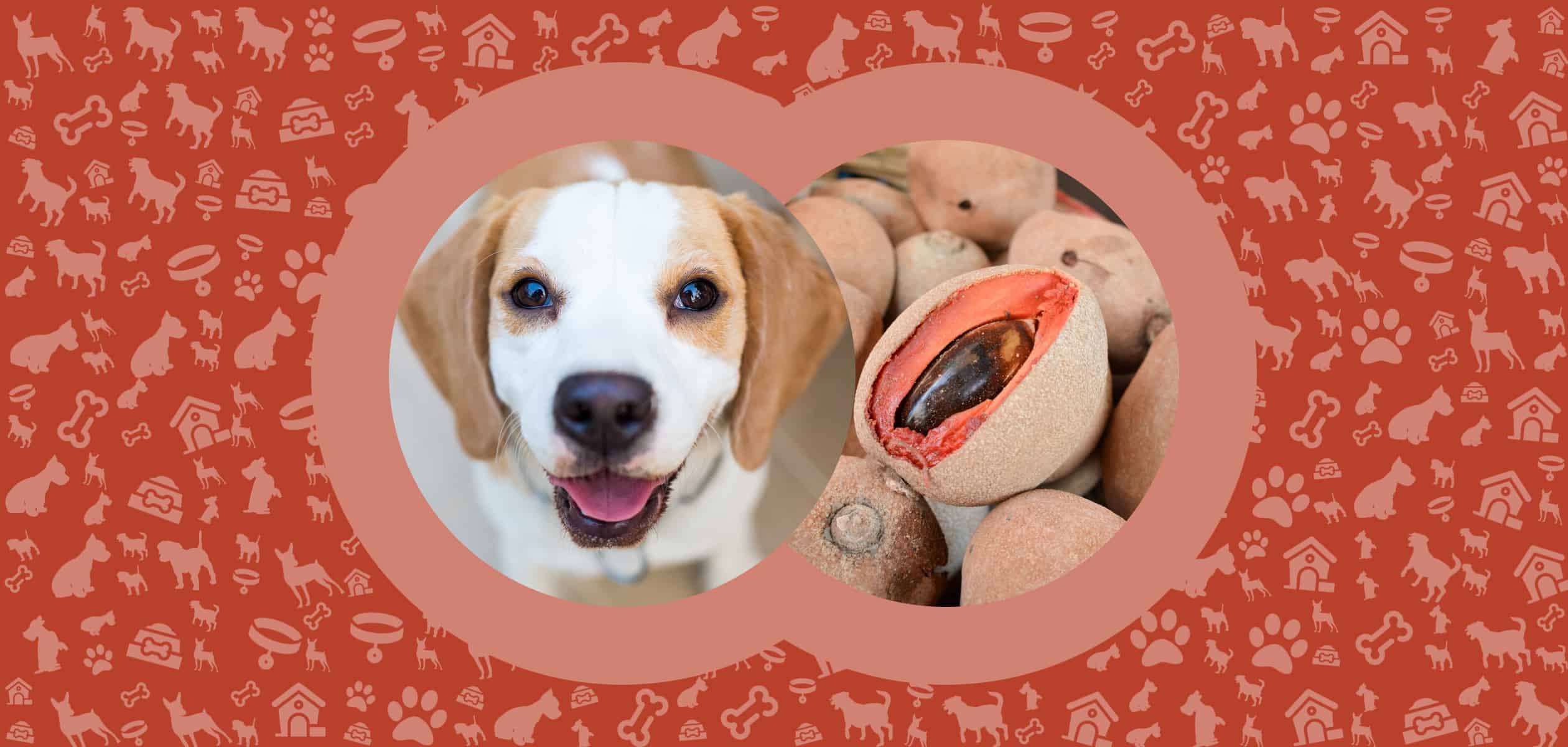

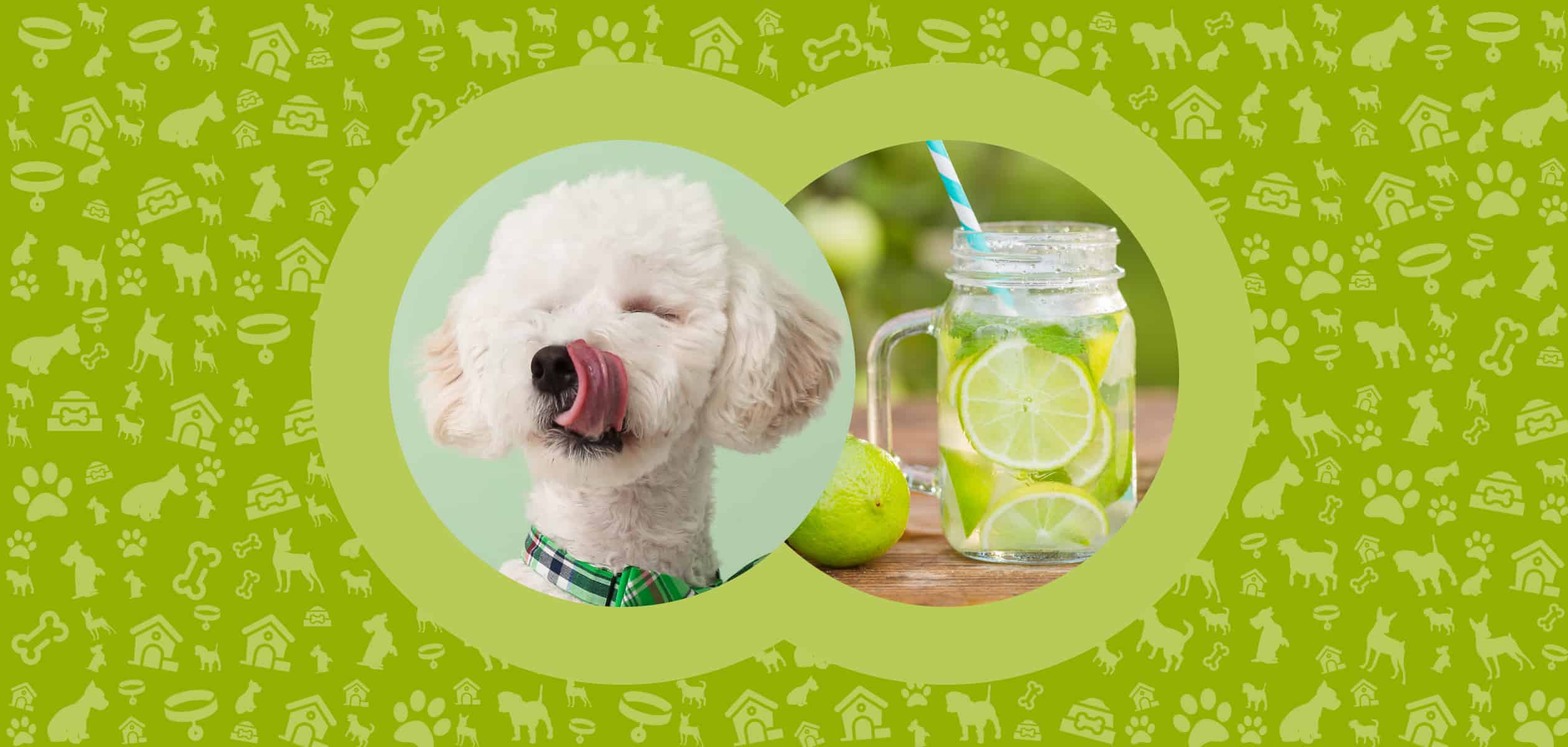
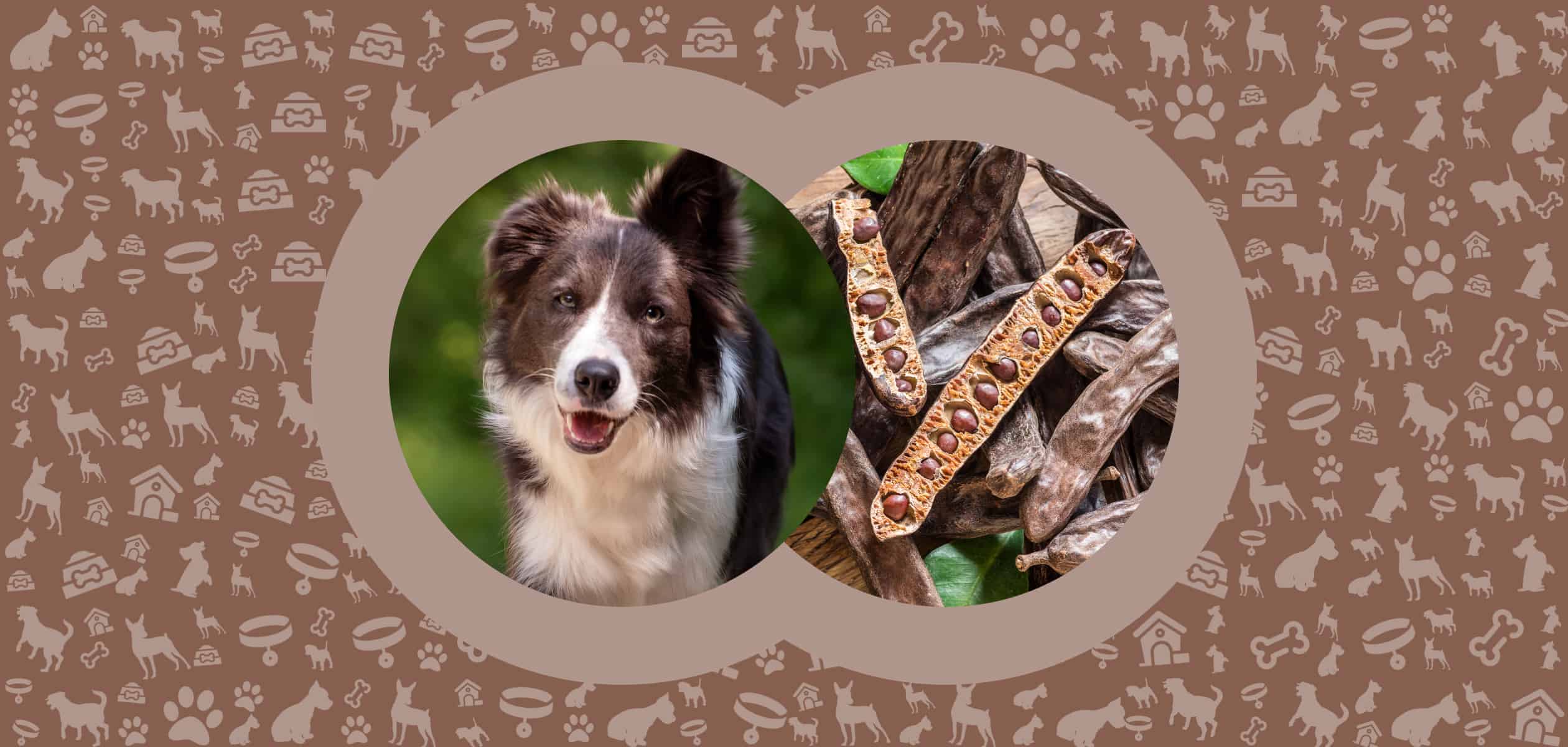
Leave a Comment